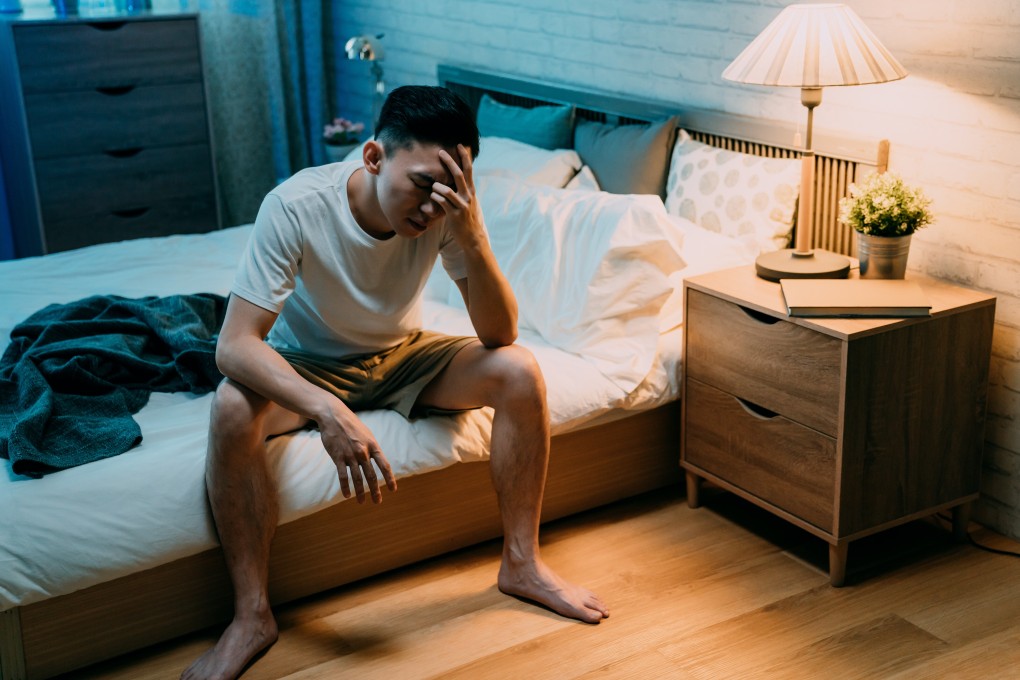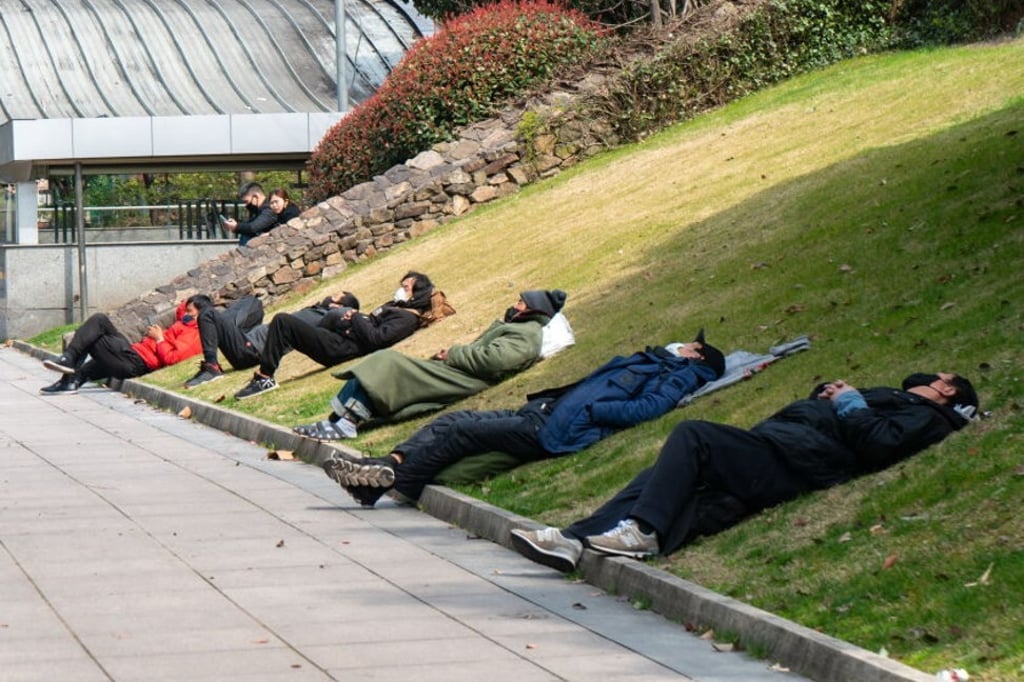Sleeping problems? Music and light therapy can ease insomnia and help you get a good night’s rest
- Music can create feelings of calmness and leave you feeling less stressed, while specific binaural beats help meditation and influence brain waves
- Light therapy can help regularise the circadian rhythm, or biological clock, which improves mood, sleep and cognitive performance

Wilson Tan did not want to disclose his real name, or have his photo published. He’s worried his boss would discover that he goes to bed each morning around 4am – and think he is unfit for work.
“My boss isn’t flexible with my work hours,” says the 29-year-old graphic designer about his 10.30am start. “That’s why I moved closer to my office, so I could reduce my commute time.”
Tan lives in North Point, on Hong Kong Island, with his girlfriend who, on most nights, goes to bed around midnight, while Tan stays up playing games and making music. “It’s a vicious cycle that I can’t break,” says Tan, who has battled insomnia since he was a teenager.
Sleep is vital for physical and mental health, with adults requiring between seven and nine hours a night, and more for babies, young children and teens.

Even an afternoon power nap is good for the mind, according to research published last week in the journal General Psychiatry. It surveyed more than 2,000 elderly people in China and found those who took an after-lunch nap had significantly higher cognitive performance than those who did not.